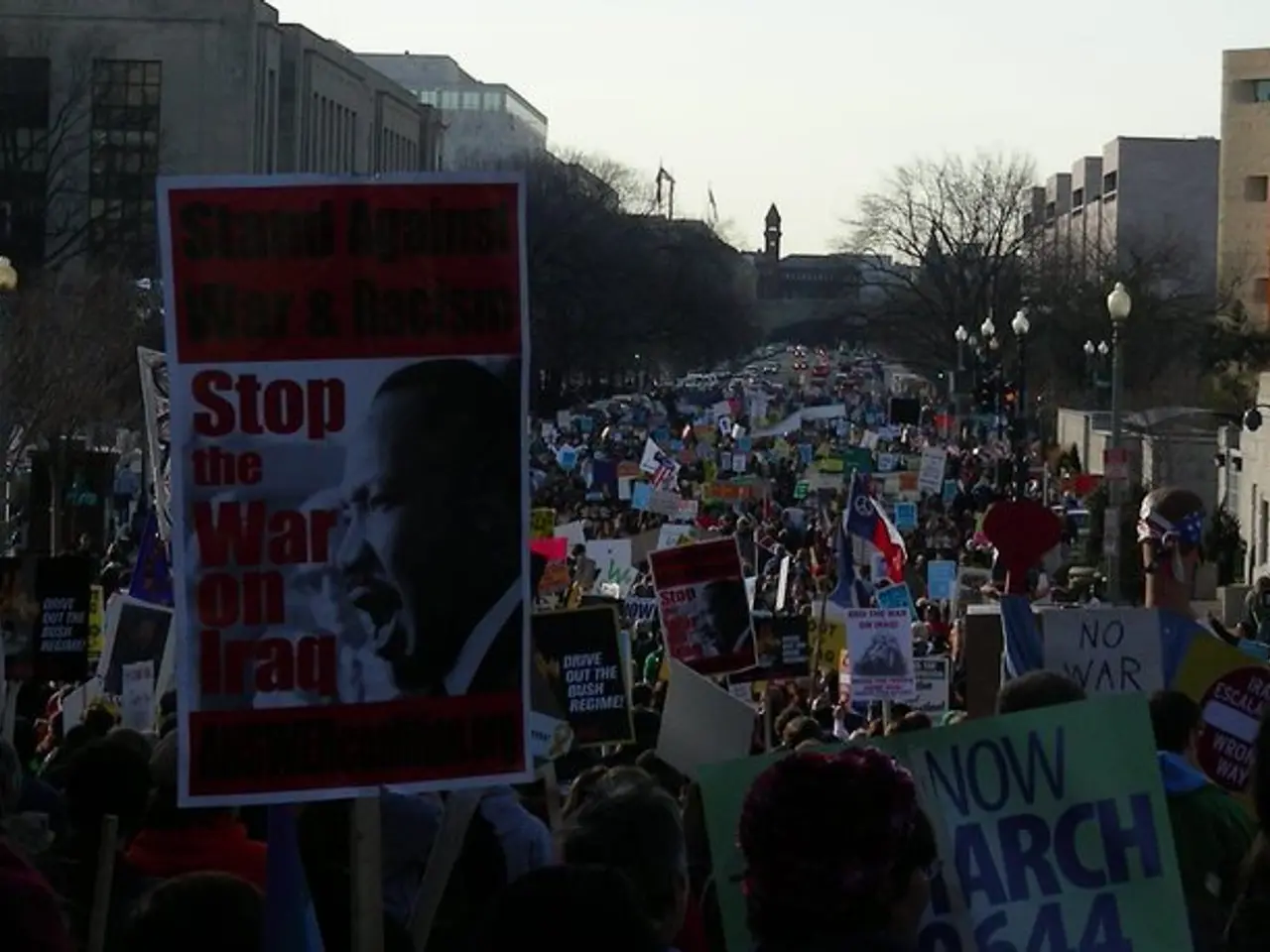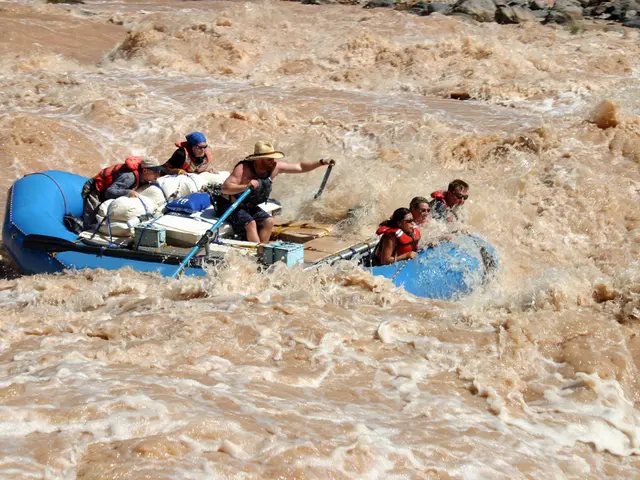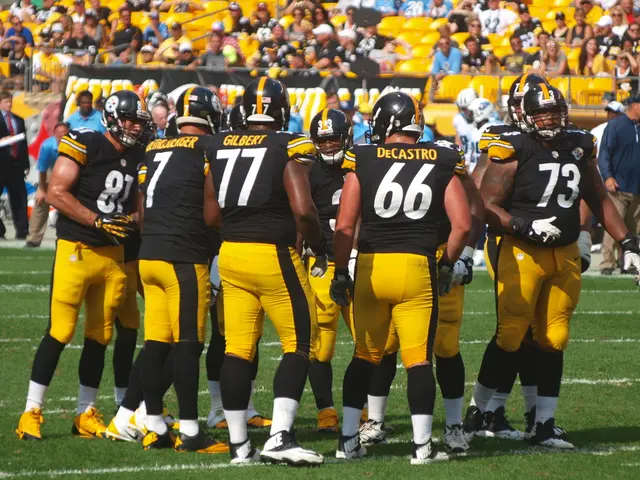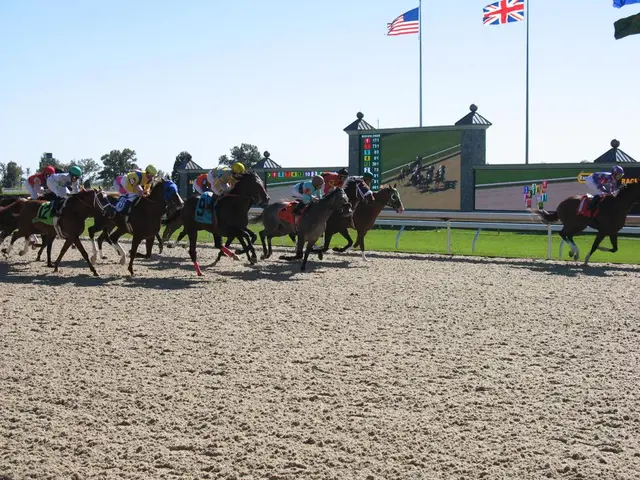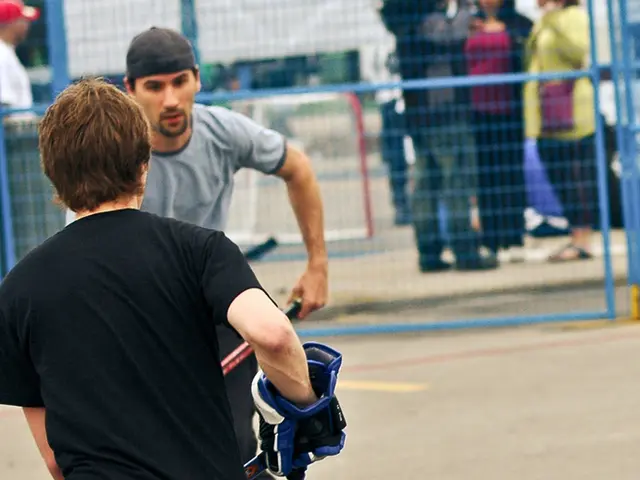Protesting Against Human Trafficking: 19 Spanish Cities Take a Stand
In the fight against human trafficking, Spain is making significant strides, with a focus on supporting victims and dismantling criminal networks. Key to these efforts is the Anti-Trafficking Helpline, a crucial resource for victims and concerned parties alike.
The Anti-Trafficking Helpline: A Beacon of Hope
The Anti-Trafficking Helpline, available at 900 759 759, is a vital part of a network designed to identify, assist, and protect victims, particularly those exploited sexually. Spain, being a major destination for trafficking victims, has a high percentage of migrant women involved in prostitution, primarily from countries such as Brazil, Colombia, Nigeria, Romania, Russia, and Ukraine. The Helpline's focus is on victim support, social inclusion, protection, and recovery.
Key Players in the Fight Against Human Trafficking
Several organizations are at the forefront of these efforts. Amar Dragoste, a group specializing in identifying victims of sexual exploitation and providing support and recovery services, has expanded from one to 12 locations across 10 Spanish cities. They offer life-changing impacts through job skills training, income opportunities, and long-term recovery programs.
The Atlas Free Network, while primarily focused on Latin America, includes partners like Amar Dragoste in Spain and emphasizes comprehensive strategies including prevention, prosecution of offenders, and survivor advocacy.
La Strada International is another key player, engaged in implementing European anti-trafficking policies and supporting trafficked persons. They work across Europe, including Spain, coordinating efforts to strengthen victim support and policy development.
On a broader level, institutions such as the UNODC and the EU Anti-Trafficking Coordinator call for dismantling organized criminal networks behind trafficking and support EU member states, including Spain, to enhance anti-trafficking measures and victim assistance.
A21: A Decade of Fighting Human Trafficking
A21, an international organization that has been fighting human trafficking since 2008, is another significant player. Their strategy is based on Education, Intervention, and Recovery. In 2023, the tenth edition of their Walk for Freedom event was held in 19 Spanish cities and over 50 countries worldwide, aiming to raise awareness about the human trafficking crisis.
Collaboration and Action
Local, regional, and national authorities have developed collaboration agreements with evangelical entities to combat human trafficking. Denunciation and awareness-raising marches have been held by these entities, and professional forums have been set up for discussing and addressing human trafficking issues. Audiovisual content dissemination is another highlight of the work done by these entities.
According to the International Labour Organisation, 49.6 million people are trapped in modern slavery today. In Spain, 502 victims of trafficking were formally identified by state security forces in 2023. The Anti-Trafficking Helpline offers a job offer verification service in addition to its reporting function, and it has a simultaneous translation system in over 230 languages.
Participants in the Walk for Freedom event walked in single file and distributed information leaflets and the Anti-Trafficking Helpline number. The fight against human trafficking in Spain is a collaborative effort, involving NGOs, authorities, and the general public, all working together to protect victims and dismantle criminal networks.
Read also:
- United States tariffs pose a threat to India, necessitating the recruitment of adept negotiators or strategists, similar to those who had influenced Trump's decisions.
- Weekly happenings in the German Federal Parliament (Bundestag)
- Southwest region's most popular posts, accompanied by an inquiry:
- Discussion between Putin and Trump in Alaska could potentially overshadow Ukraine's concerns
